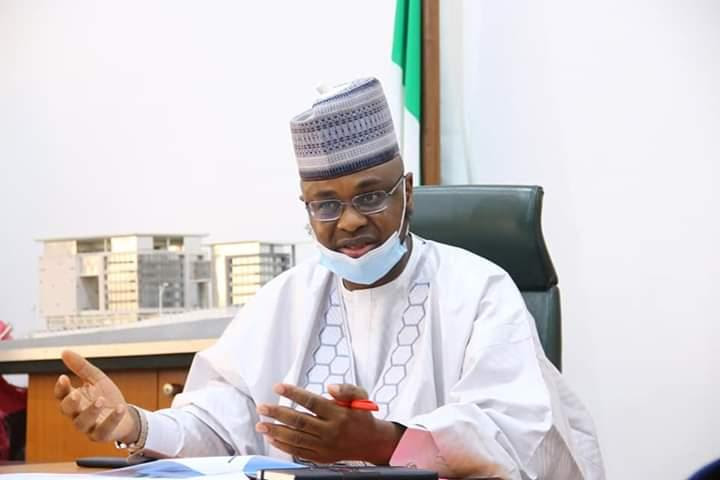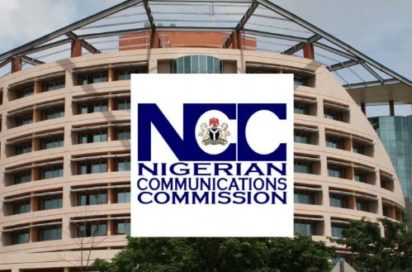The Senate has charged the Ministry of Communications and Digital Economy to intensify public awareness on the newly enacted Start-up Act with a view to sensitizing millions of Nigerian youths on the benefits and opportunities of the law.
The Chairman of the Senate Committee, Information and Communications Technology (ICT) and Cybersecurity, Sen. Oseni Yakubu, gave this advice during the inauguration of the Digital Nigeria Conference with the theme ‘Digital Transformation: A Path to Sustainable Digital Economy’ organised by the National Information Technology Development Agency (NITDA) in Abuja.
The lawmaker said: ”The Ministry of Communications and Digital Economy should create more awareness on the Start-up Act for Nigerian youth to know the benefits and opportunities that abound in it.
“We are going to collaborate with the ministry to create this awareness and I have been doing my little bit to create awareness of the potential of the bill.
“I trust Nigerian youth will key into the Act because they are intelligent, as well as contribute their qouta to the Gross Domestic Product and place Nigeria in the ICT world map”, he added.
According to him, with the signing of the bill into law, the government initiated a N5 billion starting grant to fast track its implementation, adding that “it means that there are other funds we are expecting in the sector from other sources so that we can have something to fall back to.”
Yakubu noted that the recent signing of a Memorandum of Understanding by the government with Microsoft to train five million Nigerians on digital skills would greatly impact the country’s economy.
In his address, Minister of Communications and Digital Economy, Prof. Isa Pantami, maintained that digital economy could greatly support the traditional economy.
He clarified: “The contribution of the digital economy to the GDP of Nigeria and its role in making the economy resilient to adverse events like the COVID-19 pandemic are two good examples of the impact of the digital economy on the traditional economy.”
While commending the government on various achievements recorded so far in the sector, Pantami assured that the ministry would continue to play a critical role in the development and digitalisation of the different sectors of the economy.
To achieve the objectives of the current drive towards the digitalization of the nation’s economy, the minister charged all stakeholders to continue to support the government to further accelerate the development of the digital economy sector.
In his remarks, Director-General of the NITDA, Mr. Kashifu Inuwa, maintained that digital transformation was not about technology, but designing people, technology and processes to deliver things the way you want it, when you want it and how are you want it seamlessly.
Noting that digital transformation and sustainability are becoming increasingly important and intertwined, the NITDA boss pointed that they were also full of promises and pitfalls.
According to him, to achieve sustainability, there is need for strategy to realise promises while avoiding the pitfalls.
Speaking at the forum, Minister of Communications and Digital Economy of Gambia, Mr Ousman Bah, said the adoption of Blockchain technology could facilitate online financial transactions, adding that his country is understudying the processes Nigeria adopted in boosting development in the sector.
He disclosed that in 2023, his ministry had targeted five pillars to boost ICT in the Gambia.
A major highlight of the event which had in attendance officials of government agencies across sectors, industry experts locally and internationally, was the unveiling of a book written by Pantami titled ‘Advancing Nigeria’s Drive Towards a Digital Economy.’




